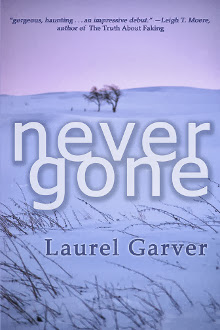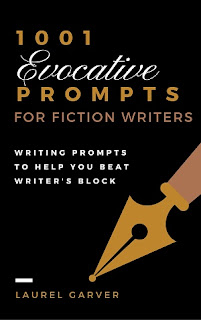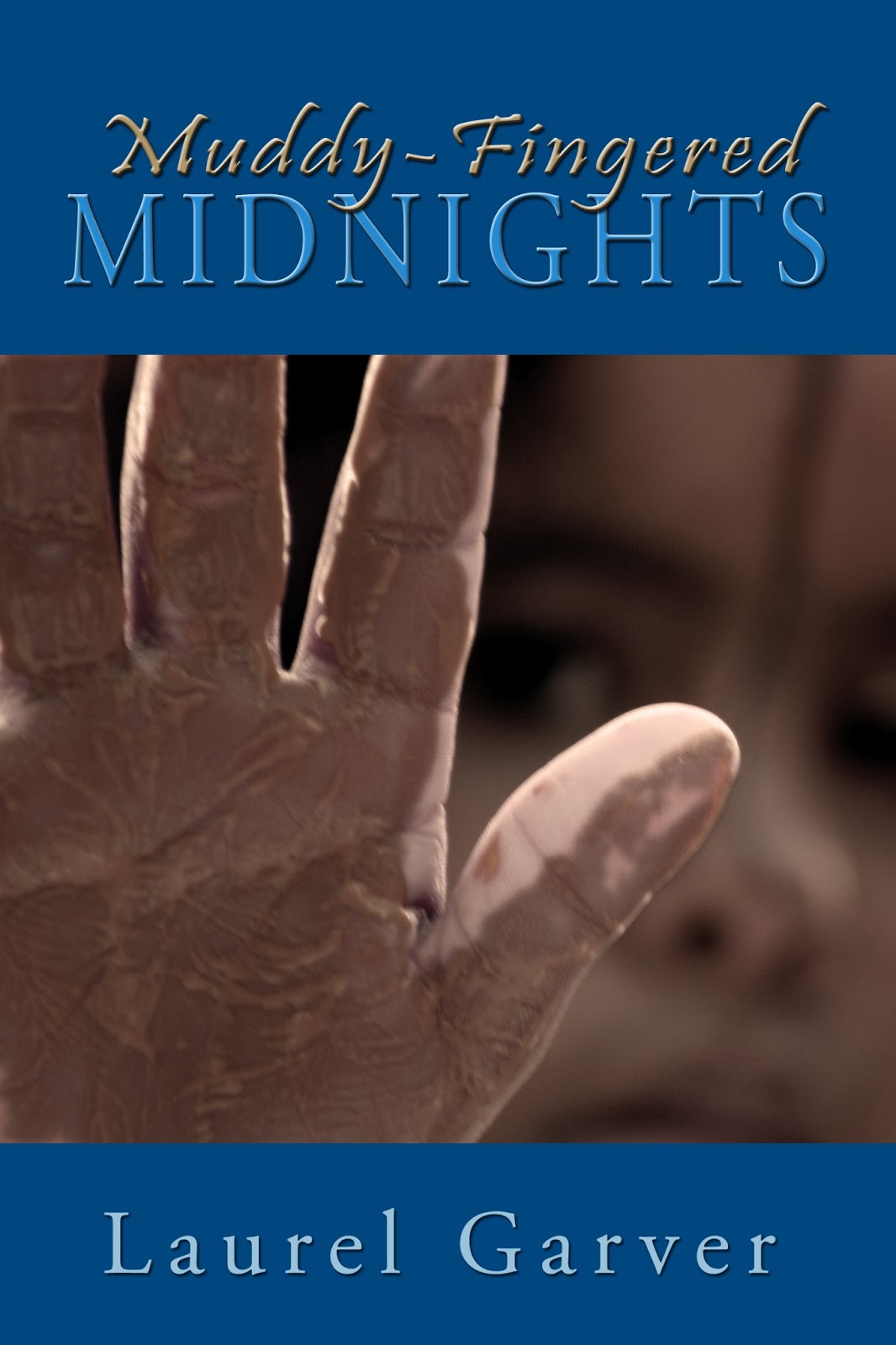One consideration when naming fictional characters is their ethnicity and what you want to communicate about their relationship to it. Every human has some kind of ethnic background, even John and Jane Doe, who would certainly couldn't just melt into the background were they walking the streets of Tashkent or Yaoundé. There's no such thing as an unethnic name, unless you call your characters X or H or V like values in an algebraic formula. And sure, that lends a certain mystery that could work for you, depending on the genre. But if you write contemporary, realistic fiction, you'll have to tangle with the ethnicity question.
In American contexts, the names of your characters can communicate a sense of place as much as describing a setting in detail. A mill town peopled with characters named Tony diFrancesco and Lucia Vincenzo will be a palpably different place than one peopled with characters named Gordon MacElroy and Bonnie Fergus. Urban settings reflect their diversity most convincingly when peopled with folks from a variety of backgrounds. Of course, your character may very well live in an urban setting that's ethnically insular. The character names should reflect that reality. Likewise, you say a lot about a character when his closest allies have names reflecting an ethnic diversity that isn't the norm for the broader community.
In contexts where a character goes to a different environment, names of the people she meets there will help ground the setting. Much of Bring to Light occurs in England, so it was important that the British characters be distinguishable from the Americans. I tried to steer toward names more fashionable across the pond, including Graham, Oliver, Reggie, Gemma, Elliott, Hugh, Cecily, Eliza, Jane and Philip (never simply Phil). Some of the surnames I use include Deane, Pemberton, Mawbry, Clewes and Neville.
My protagonist Danielle Renee, however, has a name that reflects French ancestry on her mother's side of the family. Here, the ethnic name says something about the name-giver as much as the name bearer. It speaks of Dani's mother Grace's desire to connect with her French relatives, especially her own mother.
Characters that attempt to suppress their ethnicity communicate an ambivalent relationship with their heritage, or even an outright rejection of it. Dani's French Nana, who had been born Madgalene Marie Miroux, becomes the Anglo-sounding Maggie Tilman in her adult life. The reasons for that transformation are something I'll be exploring in my work-in-progress sequel.
In American contexts, the names of your characters can communicate a sense of place as much as describing a setting in detail. A mill town peopled with characters named Tony diFrancesco and Lucia Vincenzo will be a palpably different place than one peopled with characters named Gordon MacElroy and Bonnie Fergus. Urban settings reflect their diversity most convincingly when peopled with folks from a variety of backgrounds. Of course, your character may very well live in an urban setting that's ethnically insular. The character names should reflect that reality. Likewise, you say a lot about a character when his closest allies have names reflecting an ethnic diversity that isn't the norm for the broader community.
In contexts where a character goes to a different environment, names of the people she meets there will help ground the setting. Much of Bring to Light occurs in England, so it was important that the British characters be distinguishable from the Americans. I tried to steer toward names more fashionable across the pond, including Graham, Oliver, Reggie, Gemma, Elliott, Hugh, Cecily, Eliza, Jane and Philip (never simply Phil). Some of the surnames I use include Deane, Pemberton, Mawbry, Clewes and Neville.
My protagonist Danielle Renee, however, has a name that reflects French ancestry on her mother's side of the family. Here, the ethnic name says something about the name-giver as much as the name bearer. It speaks of Dani's mother Grace's desire to connect with her French relatives, especially her own mother.
Characters that attempt to suppress their ethnicity communicate an ambivalent relationship with their heritage, or even an outright rejection of it. Dani's French Nana, who had been born Madgalene Marie Miroux, becomes the Anglo-sounding Maggie Tilman in her adult life. The reasons for that transformation are something I'll be exploring in my work-in-progress sequel.













